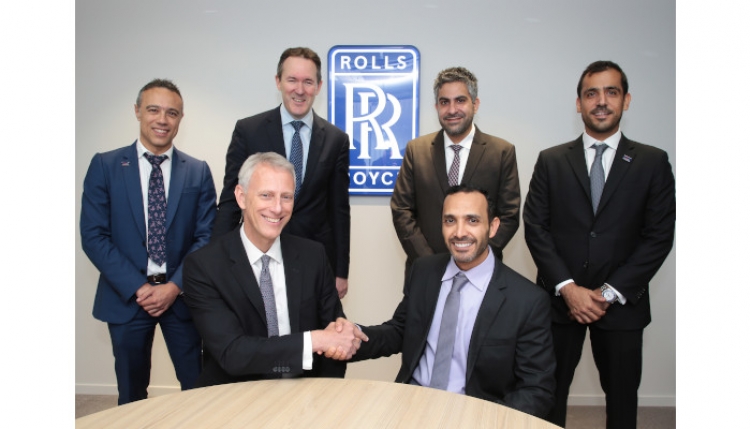Dubai - MENA Herald: According to recent academic research, firms that genuinely integrate the demands and expectations of multiple stakeholders in their business model and strategy are more likely to undertake investments (such as mergers) that boost their long-term profitability, a strategy expert from London Business School has said. The comment follows the recent merger between Mubadala and Ipic – a unique merger involving two companies that are governmental investment vehicles.
According to Ioannis Ioannou, Associate Professor of Strategy and Entrepreneurship, London Business School, when the owner is the government itself, as in the case of Mubadala and Ipic, the merger may ultimately lead to enhanced wealth creation, similar to the way that companies create value for their shareholders through mergers and acquisitions.
“Corporate mergers constitute a key strategic decision given that they typically have important implications for the value creation ability of the two merging entities. Mergers however, also entail numerous difficult challenges in terms of the process through which the merger materialises in practice.
“If Corporate Social Responsibility (CSR) is premised on a company's vision, mission and fundamental values, it is an area in which critical challenges will undoubtedly arise when a merger takes place,” says Dr Ioannou.
“Importantly, existing research* finds that the acquiring firm’s CSR performance is a key determinant of overall merger performance and in fact, the probability of its completion. This is of relevance in the case of the recent merger between Mubadala and Ipic.”
Dr Ioannou, whose research focuses on sustainability and corporate social responsibility, continues: “We know that acquirers with high CSR performance tend to do better: they realise higher stock market returns upon announcement of a merger compared to acquirers with lower CSR performance.
“They also enjoy larger increases in post-merger long-term operating performance while mergers by higher CSR performance companies take less time to complete and are less likely to fail than mergers by low CSR performance acquirers.”
It is inevitable that a merger is likely to generate areas of friction, Dr Ioannou adds.
“A few critical areas of post-merger friction across these two companies – Mubadala and Ipic – certainly warrant special attention: the investment horizons, the investment criteria, and the employee and managerial incentives. Important questions that should be addressed include: to what extent are the investment horizons of the two companies aligned, given that they both claim a focus on long-term value creation; and to what extent do the two companies integrate CSR related metrics (such as environmental issues or community impact concerns) into their investment process?”
The extent to which the two companies incentivise their leadership and their deal teams to integrate CSR related issues such as, for example, socioeconomic impacts into their due diligence process, would also be an important consideration.
Dr Ioannou, concludes: “This merger raises important questions regarding the two companies’ investment approaches and the respective integration of CSR considerations in them. In addition to the typical post-merger challenges, such questions would need to be directly addressed for a successful post-merger implementation and subsequent enhanced corporate performance.”
- العربية
- English




